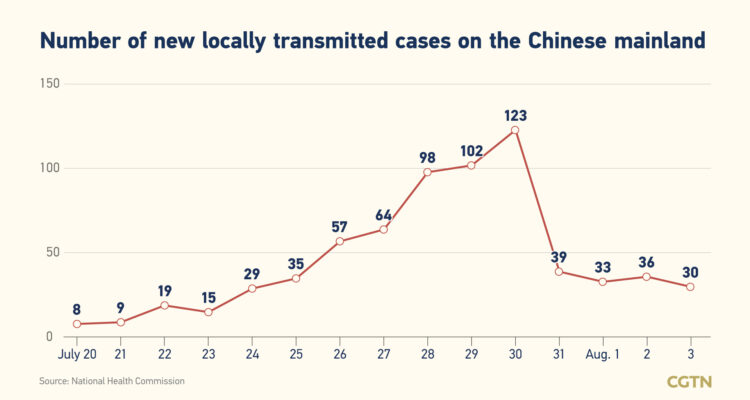In order to help the COVID-19-affected economy recover, China’s top authorities have vowed unshakable support for the private sector. This is because the rapidly expanding private sector has been instrumental in generating new jobs, fostering technical advancements, and stabilising economic growth.
The Central Economic Work Conference, which was held in the middle of December to determine the nation’s top economic priorities for 2023, emphasised the need for equal treatment for private businesses as well as for the protection of their property rights and business interests through the application of the law.
image 5009787 56177457
More private capital was urged to engage in the development of significant national projects, and the conference anticipated an overall improvement in the economy and a significant boost to the market conference the following year.
In spite of the difficulties caused by COVID-19, the private economy has continued to grow rapidly. The number of Chinese private firms increased from 35.2 million to 47.0 million between January 2020 and August 2022. They represented 92.1% of all businesses in 2021.
In 2021, the private sector was responsible for over 60% of GDP, over 70% of technological advancements, 56.5 percent of fixed asset investment, 48.6 percent of international trade, and 59.6 percent of tax income.
Private companies’ overseas trade value increased by 26.7 percent annually to 19 trillion yuan ($2.7 trillion) in 2021. It exceeded the 5.94 trillion yuan by state-owned enterprises and the 14.03 trillion yuan by businesses with foreign investment.
In order to help the COVID-19-affected economy recover, China’s top authorities have vowed unshakable support for the private sector. This is because the rapidly expanding private sector has been instrumental in generating new jobs, fostering technical advancements, and stabilising economic growth.
The Central Economic Work Conference, which was held in the middle of December to determine the nation’s top economic priorities for 2023, emphasised the need for equal treatment for private businesses as well as for the protection of their property rights and business interests through the application of the law.
image 5009787 56177457
More private capital was urged to engage in the development of significant national projects, and the conference anticipated an overall improvement in the economy and a significant boost to the market conference the following year.
In spite of the difficulties caused by COVID-19, the private economy has continued to grow rapidly. The number of Chinese private firms increased from 35.2 million to 47.0 million between January 2020 and August 2022. They represented 92.1% of all businesses in 2021.
In 2021, the private sector was responsible for over 60% of GDP, over 70% of technological advancements, 56.5 percent of fixed asset investment, 48.6 percent of international trade, and 59.6 percent of tax income.
Private companies’ overseas trade value increased by 26.7 percent annually to 19 trillion yuan ($2.7 trillion) in 2021. It exceeded the 5.94 trillion yuan by state-owned enterprises and the 14.03 trillion yuan by businesses with foreign investment.
Source: Prnewswire


No Comments